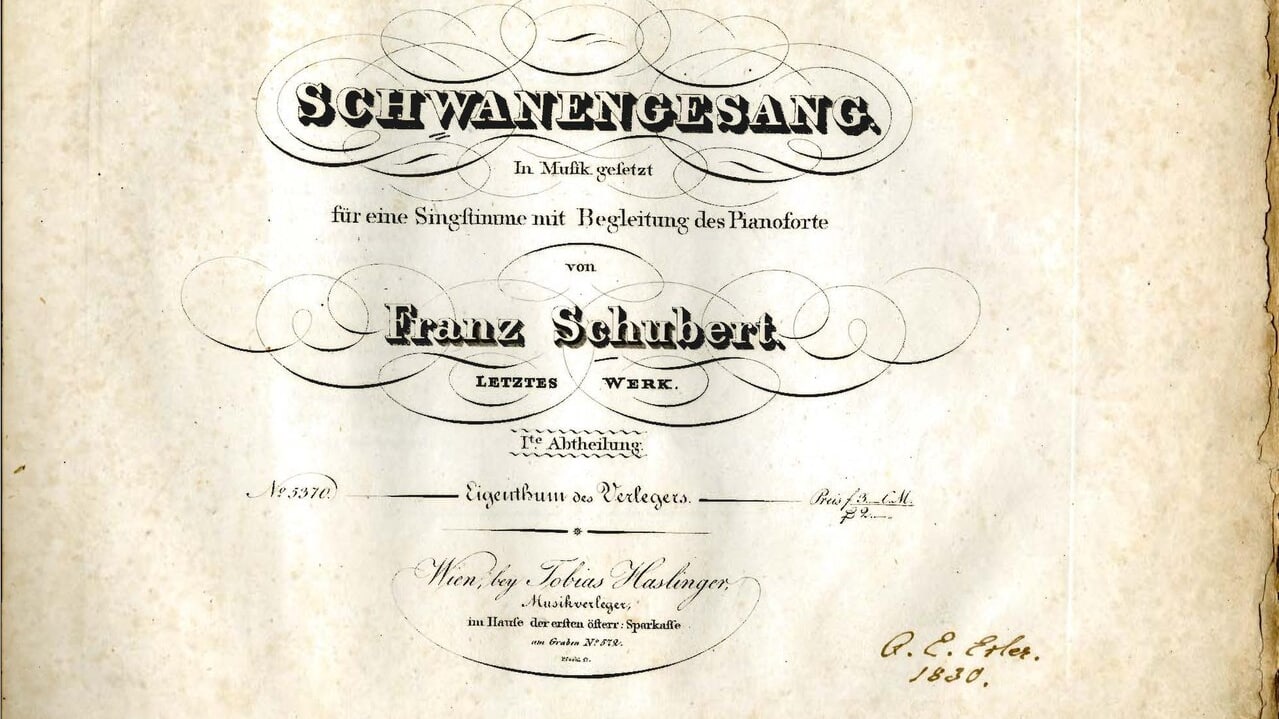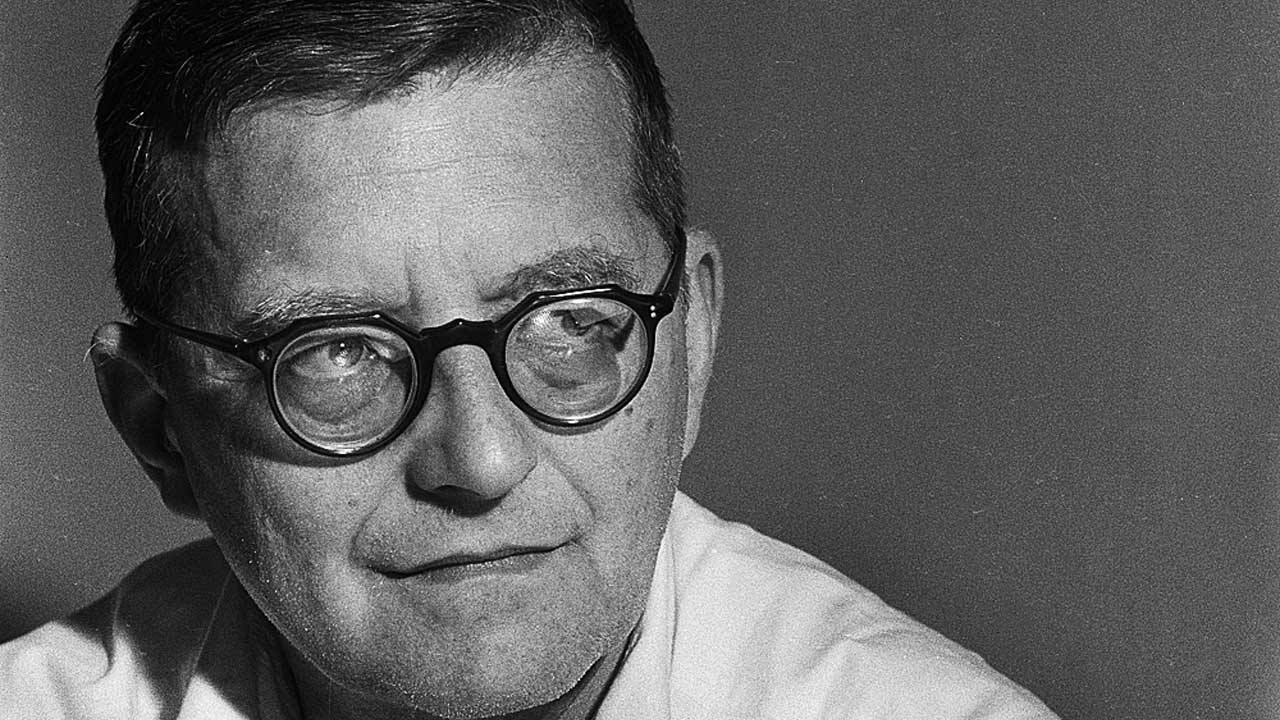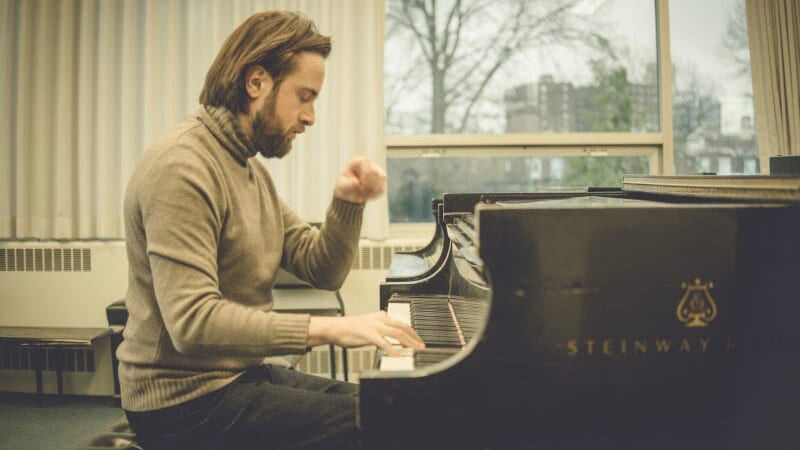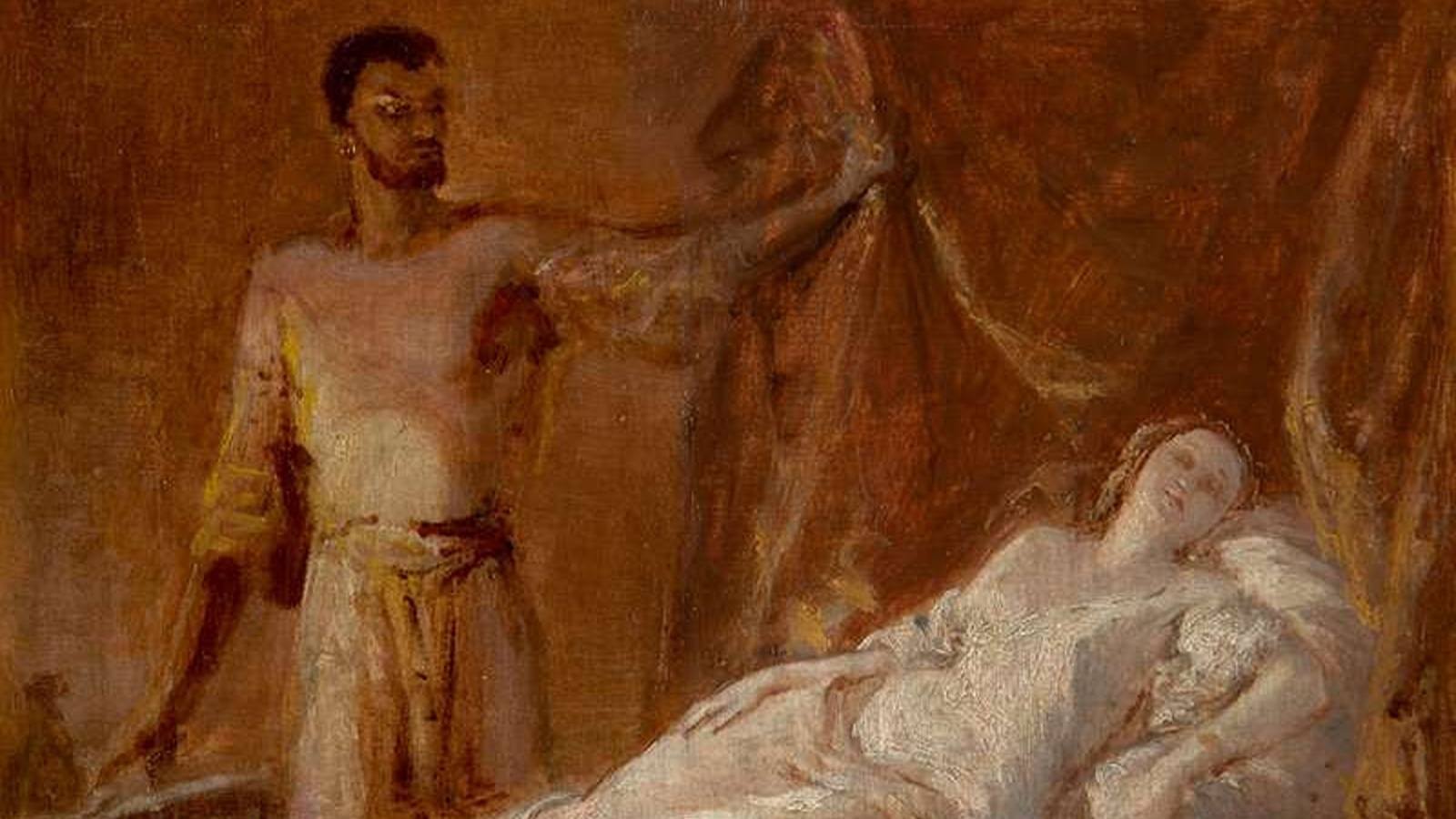Barber’s Overture to “The School for Scandal”: Reflecting a Playful Spirit
Composed in 1931, the Overture to The School for Scandal, Op. 5 was Samuel Barber’s first orchestral work. Barber was completing studies at the Curtis Institute of Music, and the piece served as a graduation thesis. Two years later on August 30, 1933, it was premiered by the Philadelphia Orchestra, conducted by Alexander Smallens. The eight-minute-long concert overture appeared on programs across the country, helping to establish Barber as one of the …







